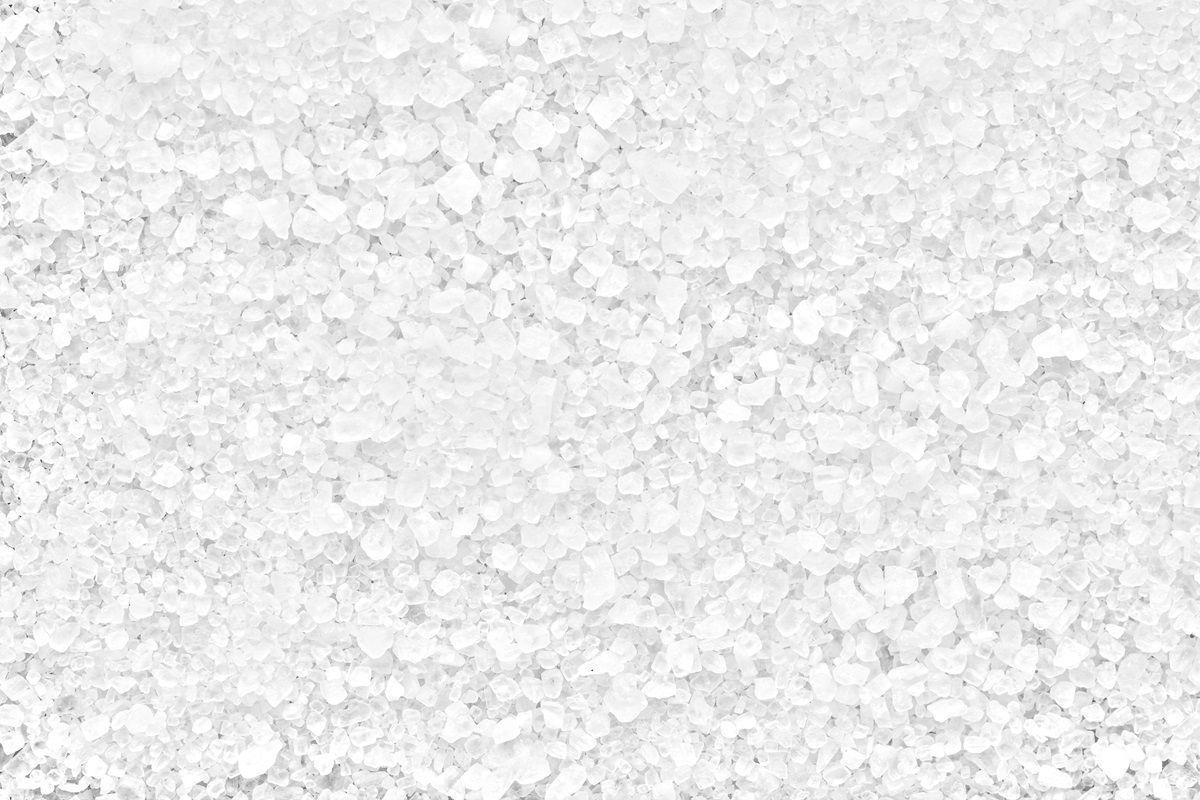Y: And now, another episode of lunch with A Moment of Science...
D: Yaël, will you pass the salt?
Y: I thought salt is bad for you, Don.
D: Too much salt is bad for you. It can raise your blood pressure and put you at risk for having a heart attack or stroke.
Y: Really? You know, I've heard that, but I never understood why . . .
D: It's actually kind of mysterious. The body needs a certain amount of salt to function properly. Without enough salt, blood can't properly deliver oxygen and nutrients to cells.
Y: So it sounds like salt is good for you.
D: Some salt, yes. The body doesn't naturally produce salt, so some salt in the diet is a good thing. But too much salt, can turn the tables. When you eat lots and lots of salt in processed foods and canned soups, for example, the body retains water to compensate. The extra fluid gets absorbed by the blood vessels. Scientists think the extra pressure on blood vessel walls has something to do with causing high blood pressure.
Y: But isn't that controversial. I've read plenty of stuff online claiming there's no proven link between salt and blood pressure . . .
D: Well, not everything you read online is trustworthy, right? There are dozens of studies showing a link between eating lots of salt and having high blood pressure. And there's just as much evidence suggesting that eating less salt can lower blood pressure. Some scientists estimate that more than one hundred thousand people every year die from causes related to eating too much salt.
Y: Wow. So, do you still want the salt?
D: Guess I'll take the pepper instead.










